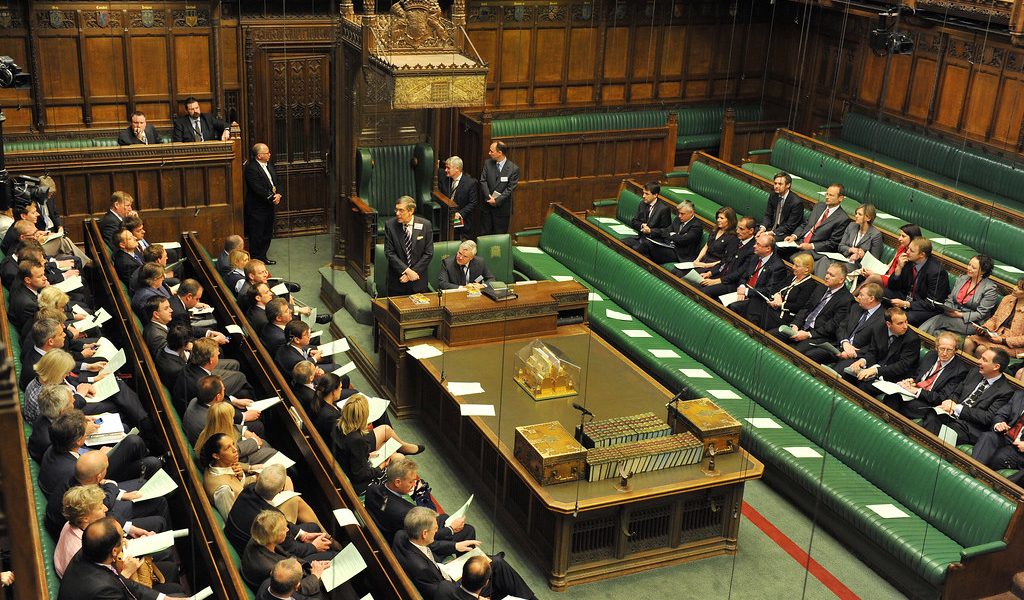Government discusses capping foreign student numbers

As university budgets are stretched to their limits, there are now fears that apparent plans to limit the number of international students in future years could bring universities to the brink of bankruptcy.
The government in recent weeks has discussed capping the number of international students taking “low-quality” degrees, in order to reduce overall immigration numbers. While a government spokesperson refused to define what a “low-quality” degree is, it is typically seen as a humanities or arts degree rather than a STEM degree, such as medicine or engineering.
The move has been roundly criticised by government advisors and outside experts alike. The chair of the government’s Migration Advisory Committee, Prof. Brian Bell, said such a move would “send universities over the edge” as “most universities for most courses lose money on teaching British students and offset that loss by charging more for international students. If you close down the international route, I’m not sure how the university continues to survive.” A No. 10 spokesperson did however note that the government would “support our universities – they’re some of the very best in the world – and of course we will always act in the best interest of the UK.”
Most universities for most courses lose money on teaching British students and offset that loss by charging more for international students.
Prof. Brian Bell
Russell Group universities, which include the University of Exeter, have said that the number of foreign students wishing to be educated at British universities “should be seen as a success story” while noting that 97.5 per cent of students comply with the terms of their student visas, including the need to return by the time their visa elapses.
Such a move would detrimentally impact the government’s levelling-up agenda as Prof. Bell estimated that the universities most likely to benefit from such limits would be in Cambridge, Oxford and London. Meanwhile, disadvantaged areas such as “Newcastle”, “the north-east” and “north-west of Scotland” would be more heavily impacted. The change would also affect UK-born students as there would have to be a “massive increase” in tuition fees to account for the loss of revenue from international students. International students pay up to £26,000 per year while UK-born students instead pay the smaller annual sum of £9,250.
Prof. Bell instead suggested that a better alternative would be restricting the number of dependents foreign students are allowed to bring. While undergraduate students are not allowed to bring dependents, master’s and PhD students are. The number of dependents brought by students has dramatically increased in recent years from 20,000 to 70-80,000 which Prof. Bell thought was “worth looking into”. Home Secretary Suella Braverman has commented on the need to stop foreign students “bringing in family members who can piggyback on to their student visa” and “propping up, frankly, substandard courses in inadequate institutions”.


